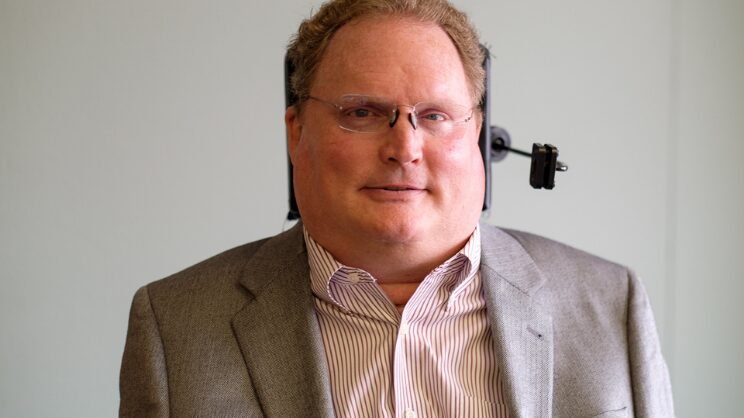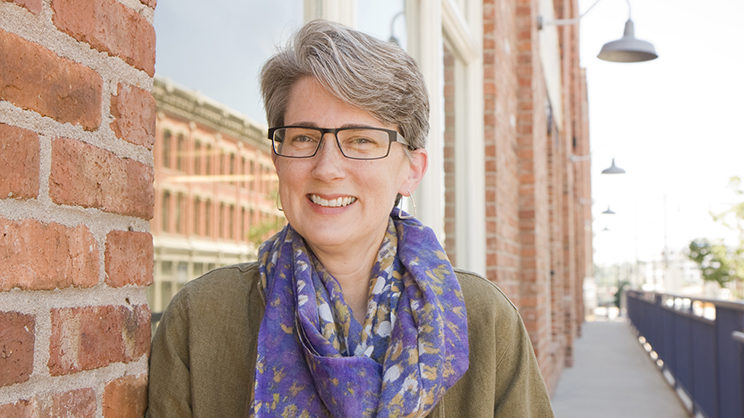About Us
Fox & Robertson is a two-lawyer civil rights firm based in Denver, Colorado with a practice focused on impact disability rights litigation as well as individual advocacy and education.
Tim Fox (he/him)

Amy Robertson (she/her)

Notice of Class Action Settlement: Accessibility of Pedestrian Rights of Way in Baltimore
Practice Areas
Over the past 28 years, we have brought large and small cases challenging barriers to disabled people in public and commercial contexts.
We also provide individual advocacy on a pro bono basis, and can often secure necessary communications and accessibility accommodations without the need for litigation.
Blog
Visit our blog for more articles from the FoxRob team.
-
Update on Trump Administration Attack on Accessible Buildings: Don’t Mess With Our Community!
-
Fight Back Against Trump Administration Attack on Accessible Buildings
-
Key Disability Rights Regulations Will Remain Authoritative in the Wake of Loper Bright: A Toolkit for Litigation.
-
Leading Colorado Civil Rights Law Firms Join Amicus Brief Opposing Trump’s Retaliatory and Unconstitutional Executive Orders





